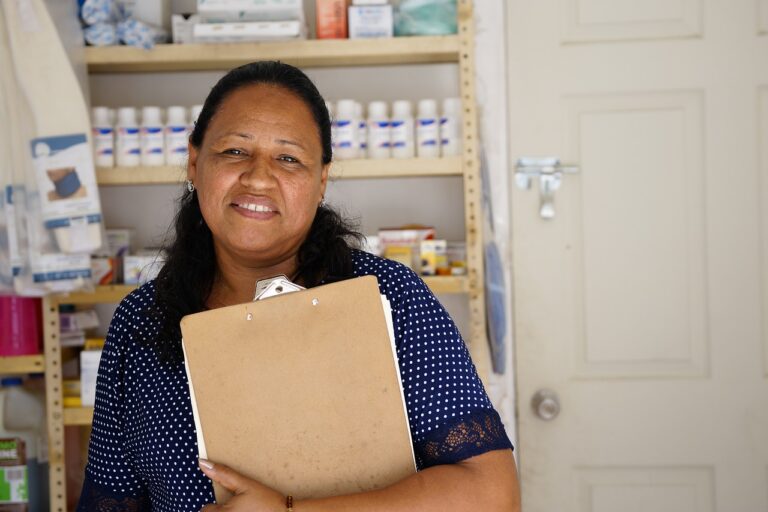The Future of Healthcare: Trends in Medical Tourism
The issue of healthcare accessibility and affordability remains a critical concern across the globe. Many individuals still struggle to access basic medical services due to barriers such as high costs and inadequate healthcare infrastructure in their communities. This lack of access not only affects their physical well-being but also contributes to the cycle of poverty and inequality in many societies.
Moreover, disparities in healthcare accessibility persist both within and between countries, with marginalized populations bearing the brunt of these challenges. Efforts to improve healthcare access and affordability must address underlying systemic issues, such as unequal distribution of resources and limited healthcare coverage for vulnerable groups. Only through collaborative efforts and innovative solutions can we hope to create a more equitable healthcare system for all.
Globalization of Healthcare Services
The globalization of healthcare services has significantly expanded access to medical care for individuals worldwide. Patients are now able to seek specialized treatments and procedures beyond their geographical boundaries, leading to increased options for healthcare solutions and better outcomes. This trend has fostered a more competitive healthcare market, pushing providers to improve quality of care and adopt innovative practices to attract patients from around the globe.
Moreover, the globalization of healthcare has enabled the sharing of medical knowledge and expertise across borders, leading to collaboration between healthcare professionals from different countries. This exchange of information has resulted in the implementation of best practices and the adoption of new technologies in healthcare delivery. As a result, patients have access to a wider range of treatment options and can benefit from the collective expertise of medical practitioners from various parts of the world.
Technological Advancements in Medical Tourism
Medical tourism has been significantly shaped by the latest technological advancements, making healthcare services more accessible and convenient for patients worldwide. With the introduction of telemedicine and virtual consultations, patients can now seek medical advice and treatment from the comfort of their own homes, eliminating the need for extensive travel. Advanced robotics and artificial intelligence are also revolutionizing surgical procedures, leading to more precise and minimally invasive surgeries, ultimately reducing recovery times and improving patient outcomes.
Moreover, the use of electronic health records and data analytics has streamlined the coordination of care for medical tourists, ensuring that their medical history and treatment plans are readily accessible to healthcare providers across different countries. This interoperability of health information not only enhances the quality of care but also promotes continuity and transparency in the delivery of medical services. These technological innovations in medical tourism are not only transforming the patient experience but also reshaping the landscape of healthcare delivery on a global scale.





